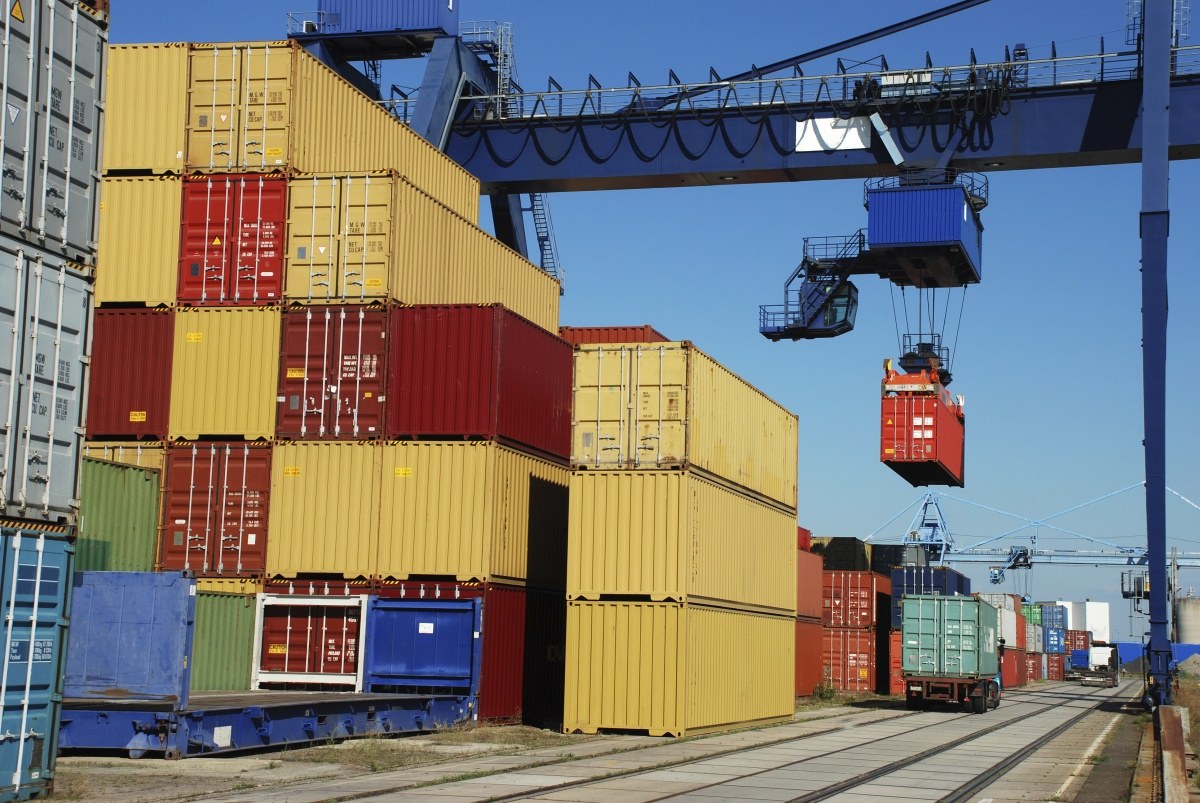In a recent decision of the Tribunal of Genoa, the court applied established principles on the liability of sub-carriers towards cargo claimants in circumstances where a freight forwarder is charged with the transport of goods and thereafter instructs the sub-carrier. In particular, the court addressed potential direct liabilities towards the cargo interests of the sub-carriers involved.
Facts
The case involved the multimodal carriage of six trailers of commodities. The shipper had contracted the freight forwarder to arrange for the transport of the trailers from Portovesme, Sardinia, to different destinations in Italy, whereby the first part of the carriage was to be conducted by sea and the second by road. Thus, the freight forwarder made arrangements with several sub-carriers, concluding different sub-contracts of carriage for each leg of the transport.
Once the trailers reached Genoa – where they were discharged from the MV Altinia – they were left at the terminal until the sub-carriers in charge of road transport could collect them, but were subsequently stolen.
The shipper commenced proceedings before the Tribunal of Genoa against the sea sub-carrier, which in turn extended proceedings to all road sub-carriers. No details were given as to why the shipper did not sue the freight forwarder.
Judgment
Among others, the court was asked to determine the following issues:
First, the court had to consider the defendant’s submission that the shipper lacked title to sue, as only the receiver was entitled to bring such a claim. The court correctly cited Supreme Court case law to the effect that a shipper’s lack of title to sue can be upheld only where the receiver has asked for the delivery of the cargo. As this was not the case, the application of the third party’s right to sue had not been triggered and the shipper was entitled to bring the claim. Hence, the sea carrier’s defence was dismissed.
Second, the claimant made submissions in support of the allegation that the sea carrier had a contractual duty towards the shipper, as cargo interest, in bailment. The court was thus asked to determine whether the claimant could invoke remedies arising from such a bailment for the alleged breach of its obligation to “render the cargo available” at the destination. The court rejected the claimant’s argument and held that the shipper was not entitled to bring an action in bailment against the sub-carrier, as only the bailor had title to bring such an action.
The third submission related to the claimant’s title to sue as owner of the lost cargo. The claimant argued that by re-crediting the receiver for the price of the cargo, it maintained ownership of the cargo and was consequently entitled to bring the claim for damages. The court disagreed with this argument and stated that the property was vested in the receiver on delivery of the trailers to the carrier. The shipper’s subsequent decision to credit the receiver for the price of the cargo had no effect on the vesting of the property and the shipper thus lacked title to sue for damages.
Finally, the court was asked to consider the claimant’s submission in support of a claim in tort for breach of analogous duties of care. This argument was also rejected by the court, which upheld the well-established line of authorities under which, in the context of carriage of goods by sea, actions in contract cannot be combined with actions in tort, except where they are brought in reference to a matter that is completely extraneous to the contract of carriage.
In light of these considerations, the court dismissed the claimant’s claim and held that, on the evidence before it, the freight forwarder was the main carrier and counterparty to the shipper in the contract of carriage.
Consequently, the shipper – by entrusting the freight forwarder with transport of the cargo – had identified the freight forwarder as the carrier. Thus, the shipper was found not to have an action against any of the sub-carriers to which the carrier eventually sub-contracted the carriage of goods.













